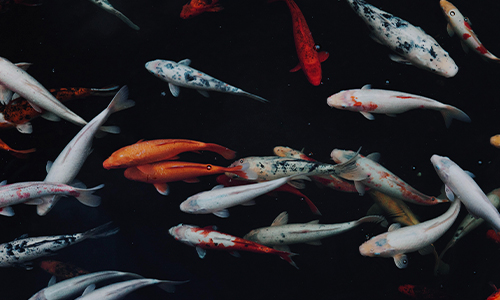External affairs minister S Jaishankar on Sunday began a two-day visit to Qatar that is expected to focus on trade, energy cooperation and issues related to Indian workers.
Jaishankar will meet Qatari deputy prime minister and foreign minister Sheikh Mohammed bin Abdulrahman bin Jassim Al-Thani and other dignitaries to discuss bilateral, regional and international issues.
The visit is part of India’s ongoing outreach to West Asia, which the country sees as part of its extended neighbourhood. Jaishankar recently visited Bahrain and the United Arab Emirates, while minister of state for external affairs V Muraleedharan travelled to Oman. Indian Army chief General MM Naravane visited the UAE and Saudi Arabia, the first such trips by an army chief.
In a phone conversation on December 8, Prime Minister Narendra Modi and the Amir of Qatar, Sheikh Tamim Bin Hamad Al-Thani, decided to create a special task force to facilitate investments by the Qatar Investment Authority in India, and to explore Qatari investments in the country’s energy value-chain.
The Qatar Investment Authority has so far invested $600 million in two Indian companies.
Jaishankar will also convey India’s special gratitude to Qatar for taking care of Indian expatriates during the Covid-19 pandemic, the external affairs ministry said. Qatar hosts more than 700,000 Indians.
Also read: ‘New GST rule doesn’t apply to MSMEs’ – Ministry official
New Delhi has called on the member states of the Gulf Cooperation Council, including Qatar, to facilitate the return of workers who had come home during the pandemic.
Indian workers have benefited from Qatar’s labour reforms ahead of the 2022 football World Cup, including a 25 per cent hike in the minimum wage and the dismantling of a system that required workers to seek the consent of employers to switch jobs.
During a meeting of the India-Qatar joint committee on labour and manpower development on December 9, the two sides agreed on institutionalising measures to promote and protect the rights of workers, including settling labour issues and facilitating the movement of people between the two countries in a safe and secure manner.
Bilateral trade was worth $10.95 billion in 2019-20, and both countries intend to intensify cooperation in fields such as energy and investments. “The Gulf countries have also been generous in helping India in ensuring oil and gas supplies during the Covid-19 pandemic,” the external affairs ministry said.
Recent Posts
- The Solar System is positively lousy with magnetic fields. They drape around (most of) the planets and their moons, which interact with the system-wide magnetic field swirling out from the Sun.
- Pregnant people cannot register for a Covid-19 vaccine prior to 14 weeks’ gestation.
- Mikel Arteta was not consulted over Arsenal’s decision to appear Amazon’s All or Nothing documentary this season
- Singapore should embrace openness and equip the people with the experience and skills to succeed, said Mr Heng.. Read more at straitstimes.com.
- Down on an atomic level, glass is a jumbled mess of atoms, which makes it easily prone to distortion and cracking. Now, chemists have discovered how to arrange the atoms within glass in such a way, the resulting material can even rival the strength o

